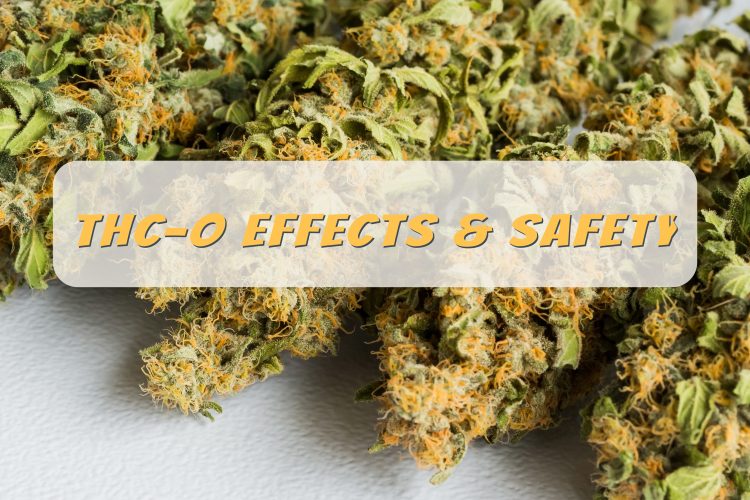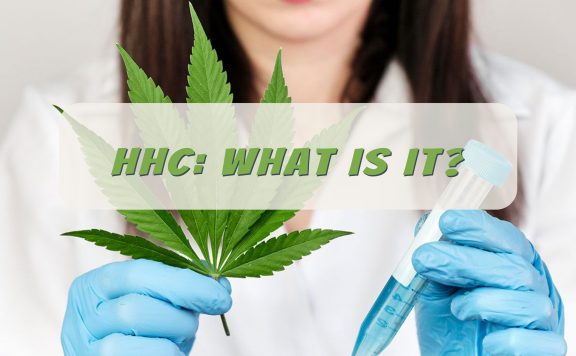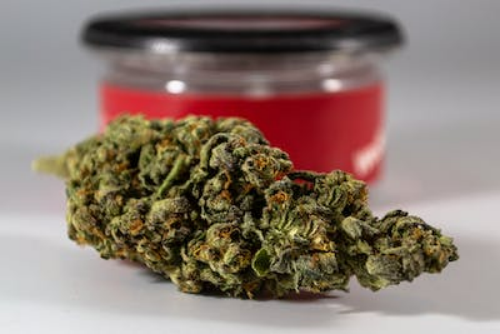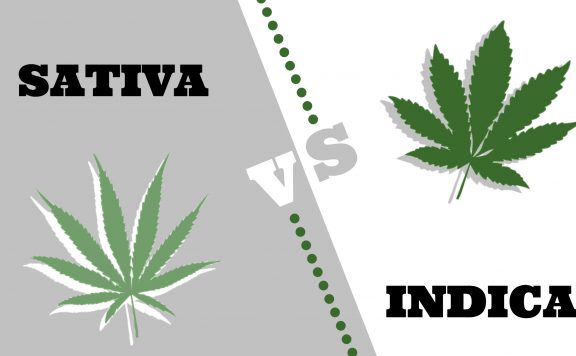It’s true that there have been a lot of new cannabinoids discovered since 2018 if it seems that way. Cannabis was unintentionally reinvented by the 2018 agricultural bill, and THC-O is the latest cannabinoid to get into the market.
THC-O is a synthetic cannabinoid obtained when Delta 9 THC from hemp is extracted and synthesized. Compared to delta-9 THC, or simply the ordinary THC, THC-O is substantially more potent. The legal status of THC-O in several states is currently governed by a very small number of laws.
Let’s learn more about THC-O effects, assess whether it’s safe for everyday usage, and contrast it with ordinary THC.
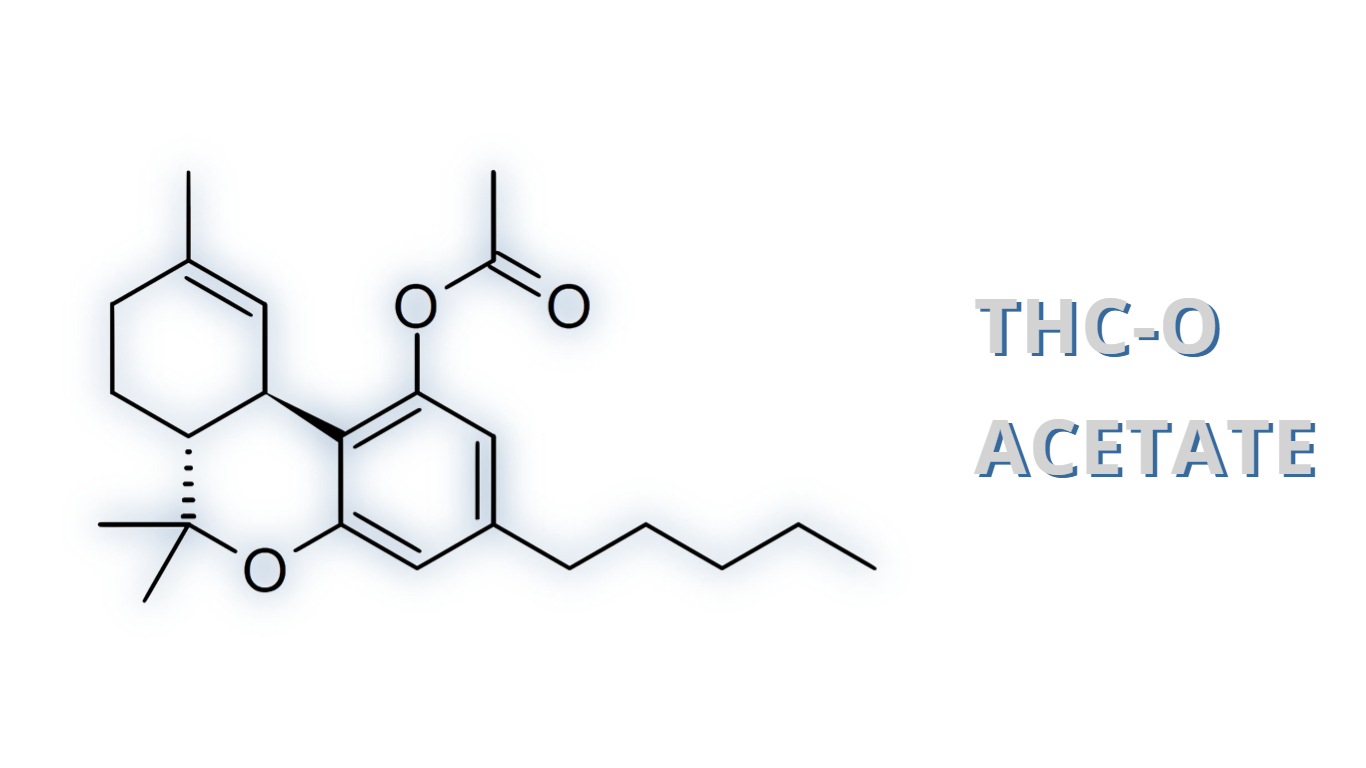
Beginning with the fundamentals, let’s dispel some myths regarding THC-O. To start, it is pronounced THC-“oh” and is written with the letter “O” instead of the number “0.” Technically, THC-O is O-acetyl-9-THC, but it’s just much simpler to say “THC-O” when you’re talking about it.
In a lab, ordinary delta-9 THC is converted to THC-O by subjecting it to a number of rigorous chemical treatments. These compounds combine acetate and Delta-9 THC to form THC-O.
Although there hasn’t been many studies carried out on this topic, THC-O seems to show a better bioavailability compared to other types of THC. It implies that human system can use the THC-O more efficiently—that’s where our following takeaway come from.
In contrast with other types of THC, THC-O features a significantly higher potency. Its potency is around three times higher than that of the ordinary delta-9 THC. For its likely hallucinogenic traits, THC-O has also been labelled as the “psychedelic cannabinoid.”
Several of the same locations where Delta-8 THC first appeared a year ago are now seeing the emergence of THC-O. As the legal ambiguity around Delta-8 THC begins to fade, THC-O is ready to claim its position on the market for hemp byproducts.
What is The Health Implication of THC-O?
Regarding the impacts of THC-O, only a few things need to be discussed. While THC-O causes “nearly psychedelic” effects, it costs longer than other types of THC before the efficacy starts to work.
You’ve probably already deduced that THC-O has a lot of potency. THC-O supporters have claimed that the substance exhibits effects resembling those of low dosages of psychedelics like LSD. People frequently feel a strong sense of exhilaration as well as enhanced sensory sensitivity.
THC-O has been related to hallucinogenic effects as well by some users. This would be in line with THC-modest O’s psychedelic effects.
Strangely, THC-O takes longer than other forms of THC to start having an impact despite having a higher potency. While the benefits of a nice Delta 9-thc flower can be felt almost immediately, others claim that THC-O takes anywhere from twenty minutes to an hour to begin having an impact.
Remember that this can be a result of how THC-O is being utilized by people. THC-O-containing edibles and tinctures work more slowly on the body than vapes.
In essence, THC-O has minor psychedelic effects, but it takes significantly longer for the body to experience those effects than other forms of THC.
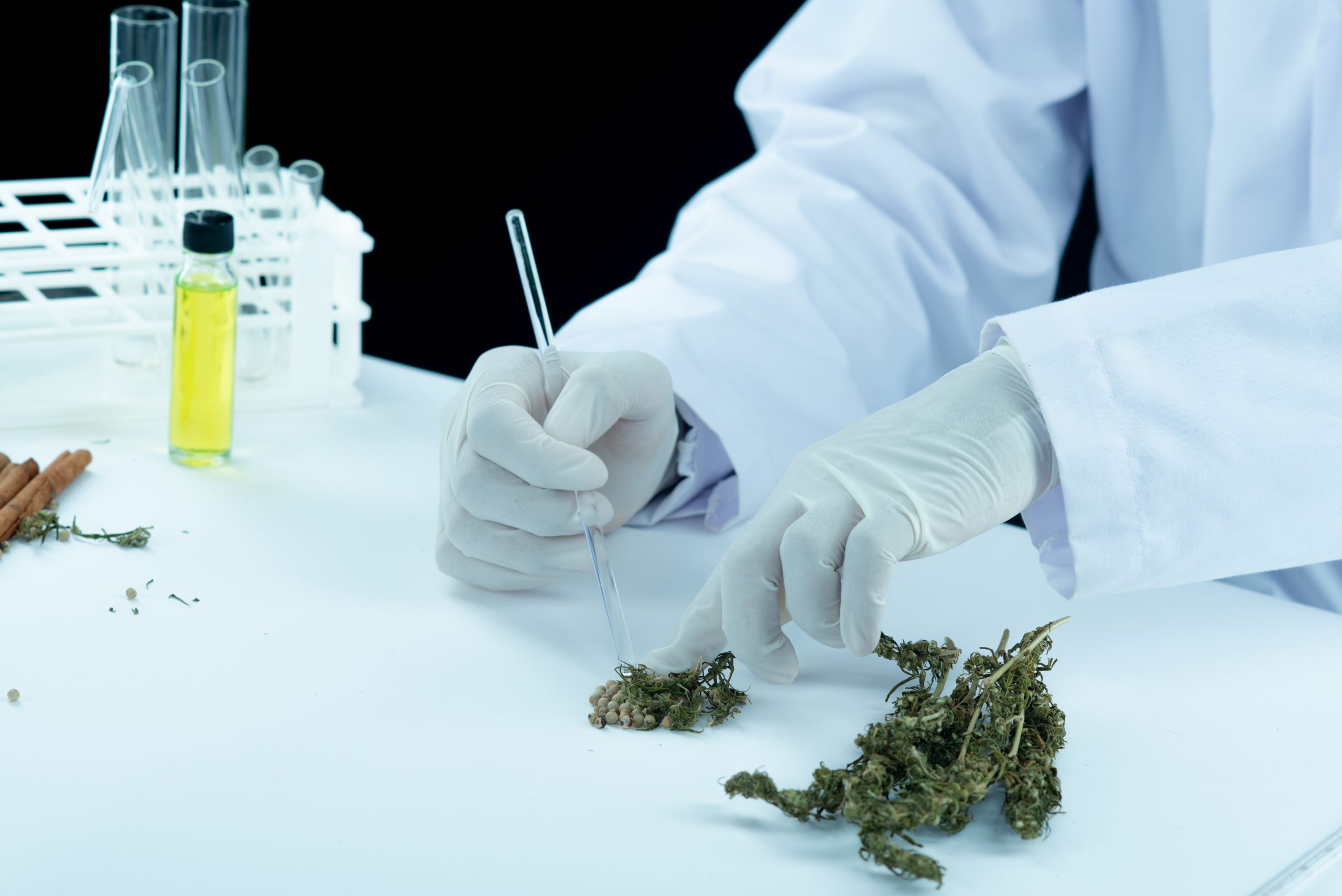
Can THC-O Be Detected in a Drug Test?
If a drug test is seeking to detect THC, THC-O will be found. The fact that THC-O is more potent compared to Delta 9 or Delta 8 THC increases the likelihood that it will be simpler to detect.
You should stay away from THC-O if you’re concerned about passing a drug test.
THC-O Effects and How Safe Is It?
Regarding the safety of THC-O, there’re three important factors to consider. First, because THC-O is still a new thing, its immediate and long-term impacts on human body are still little understood. Also, because THC-O is inadequately regulated, there can be significant quality differences between batches. It’s also risky to synthesize THC-O by yourself because it’s produced under other hazardous circumstances.
Few studies have been carried out to probe into THC-O effects because the substance is relatively new. Research on delta-9-THC is adequate though. We are well knowledgeable about what effects THC has on the body in both short and long terms.
All in all, as THC-O is new, our knowledge about it is not yet complete and needs growing. Considering this, taking THC-O rather than Delta 8 or Delta 9-THC are likely to lead to unwanted dangers.
In relation to production, certain really toxic chemicals are used to make THC-O. These can be eliminated from the finished product, but they are too hazardous for usage at home. As a result, you cannot produce THC-O at yourself as you might do with other hemp extracts.
Is THC-O a Legal Substance?

THC-O’s legal situation is extremely hazy. While hemp byproducts like CBD and Delta 8 THC were made legal in marketplaces all around the country by the 2018 agricultural bill, the change was only temporary. The 2018 Farm Bill has a loophole that allowed certain substances derived from cannabis plants to enter the country clandestinely.
For those wishing to take advantage of these fresh substances produced from hemp, this has presented a challenge. State governments have already begun to impose restrictions on Delta 8 THC while mostly ignoring other cannabinoids.
How closely a cannabinoid resembles delta-9 THC appears to be the single constant factor in determining which cannabinoids are addressed. This suggests that THC-O may not have a solid legal position.
In fact, purchasing these hemp extracts as well as synthetic THC derivatives is already more challenging in several states.
Present Laws Related to THC-O
38 states and the federal government have approved THC-O for use. Some states have placed restrictions on the use of cannabinoids that the 2018 Farm Bill legalized. Here are a few states where using THC-O is prohibited.
- Arizona
- Alaska
- Utah
- Nevada
- Nebraska
- Montana
- Mississippi
- Iowa
- Idaho
- Delaware
- Colorado
- California
- Arkansas
THC-O is subject to specific legal restrictions in each of these states, thus before using any new THC varieties; you should always verify your local regulations.
Regarding the legality of THC-O, there is one more crucial aspect that we must take into account. The DEA has already made it clear that it intends to pursue synthetic cannabinoids such as THC-O.
The DEA announced a change to the 2018 Farm Bill in 2020 that partially altered its position on hemp-derived products. The manner in which these things are made played a significant role in this change.
The DEA is likely to classify THC-O as a “synthetic drug” for law enforcement reasons because it is manufactured in a lab and is synthesized from several components rather than being extracted.
What should we remember? THC-O is currently largely lawful throughout the majority of the United States, but as it comes under closer investigation from the DEA and state lawmakers, there is a significant probability that it will be made illegal.
Bottom Line
Acetate is joined to delta-9 THC to produce THC-O, a synthetic cannabinoid. THC-O, like many cannabis byproducts including CBD and delta-8 THC, has a murky legal position. Considering that THC-O is three times as potent as conventional THC, it is advised that you exercise caution when consuming it.
Please share your THC-O experience with us and visit our other blogs to remain up to date on the most recent developments in the fields of cannabinoids, cannabis, and hemp.

